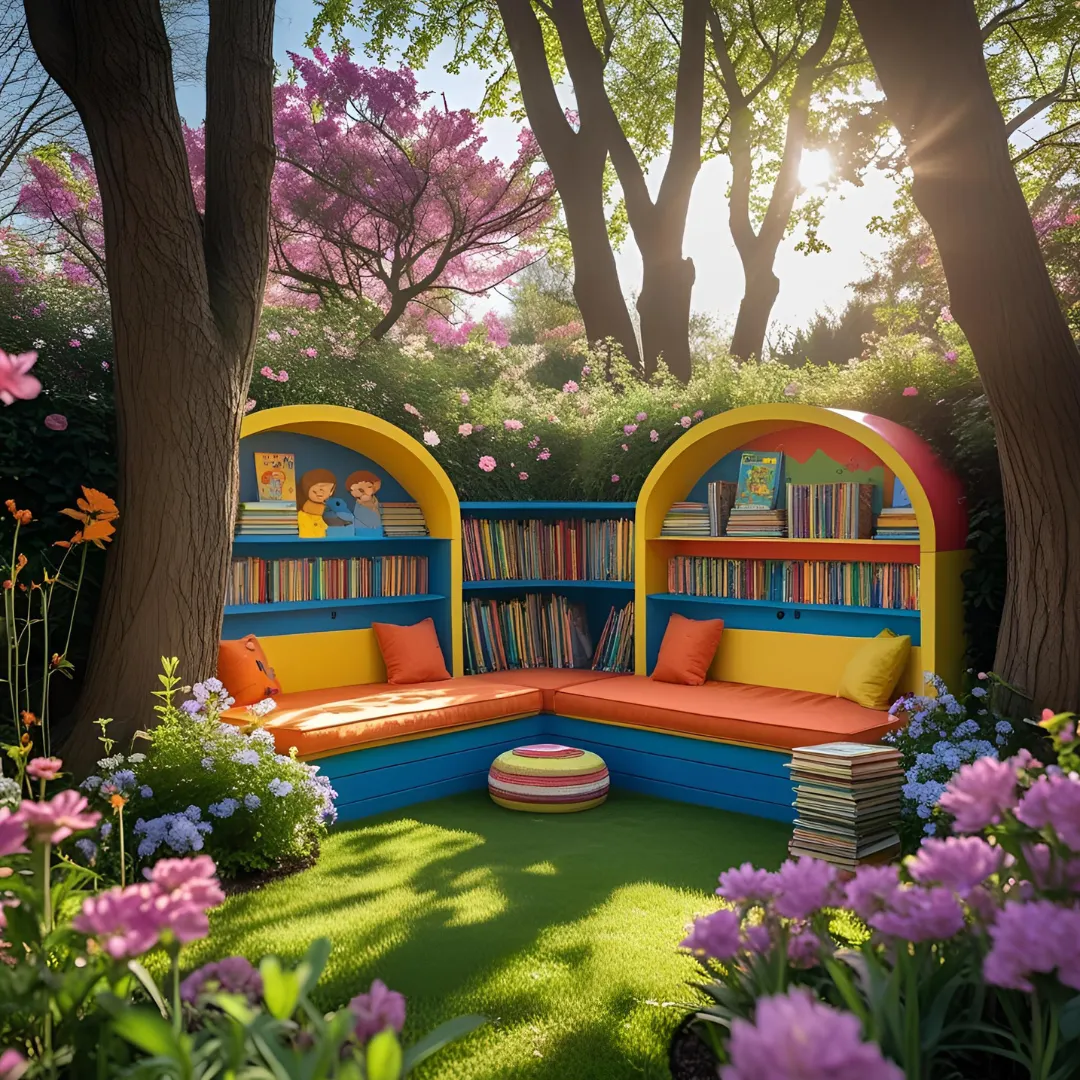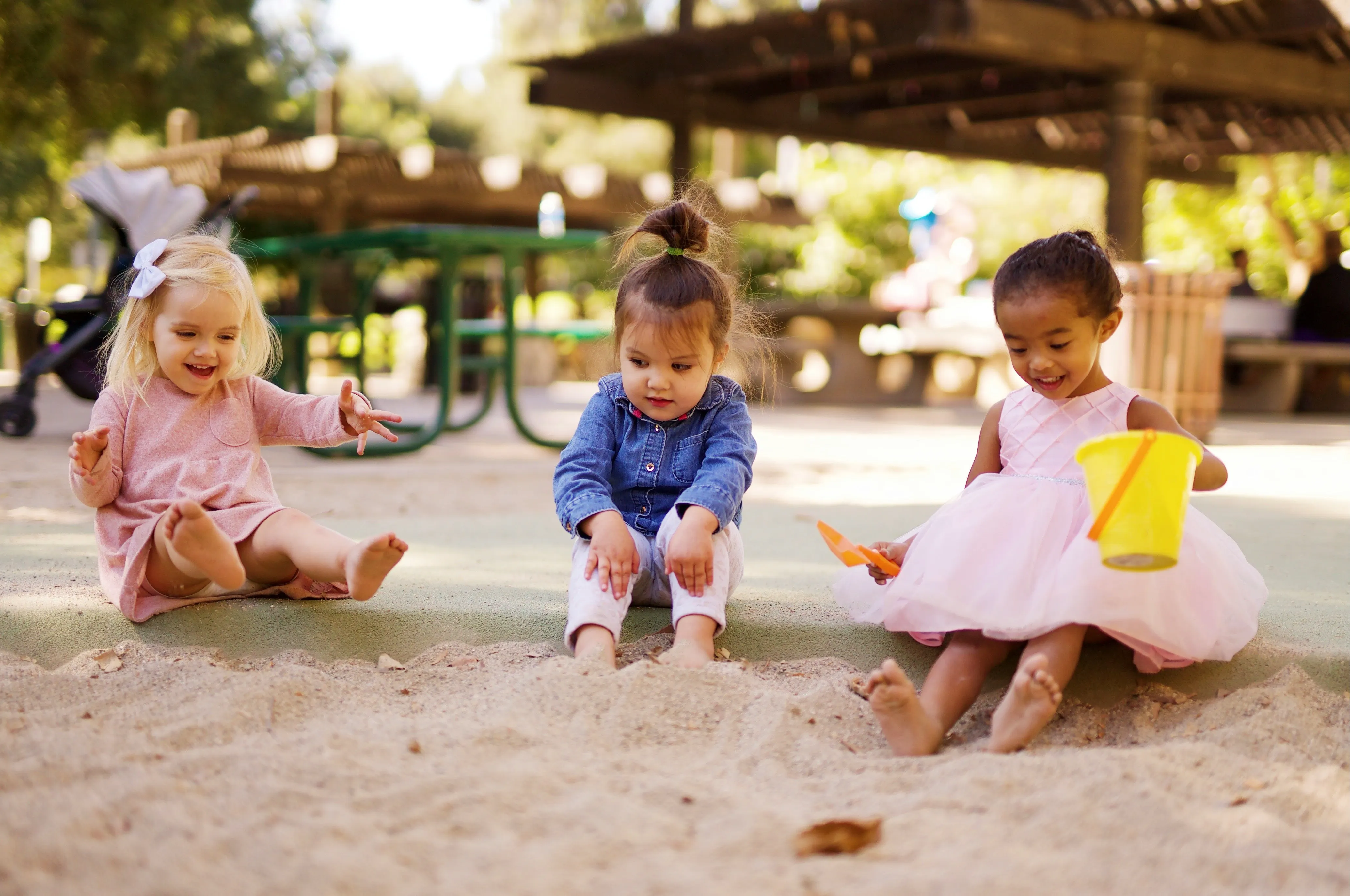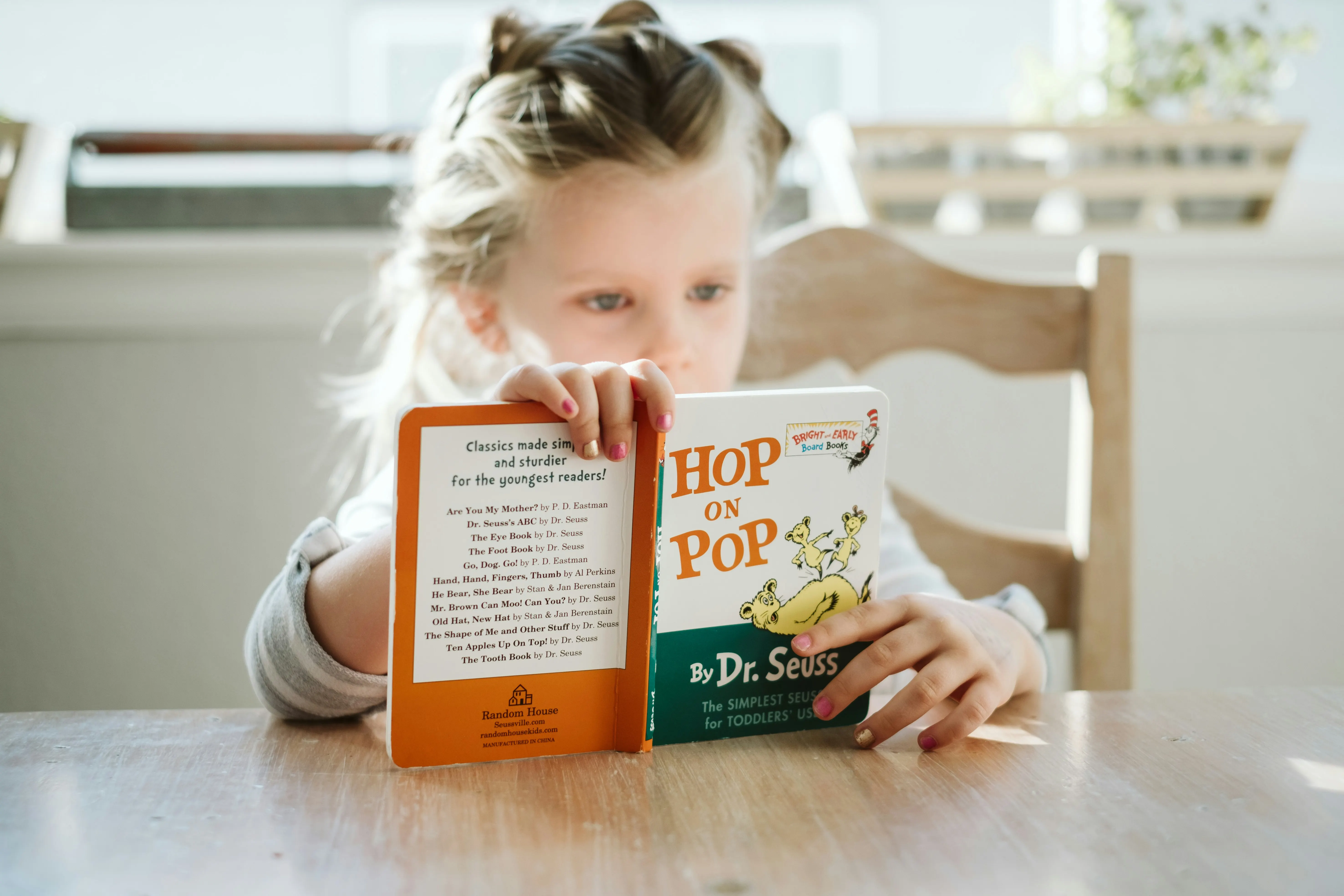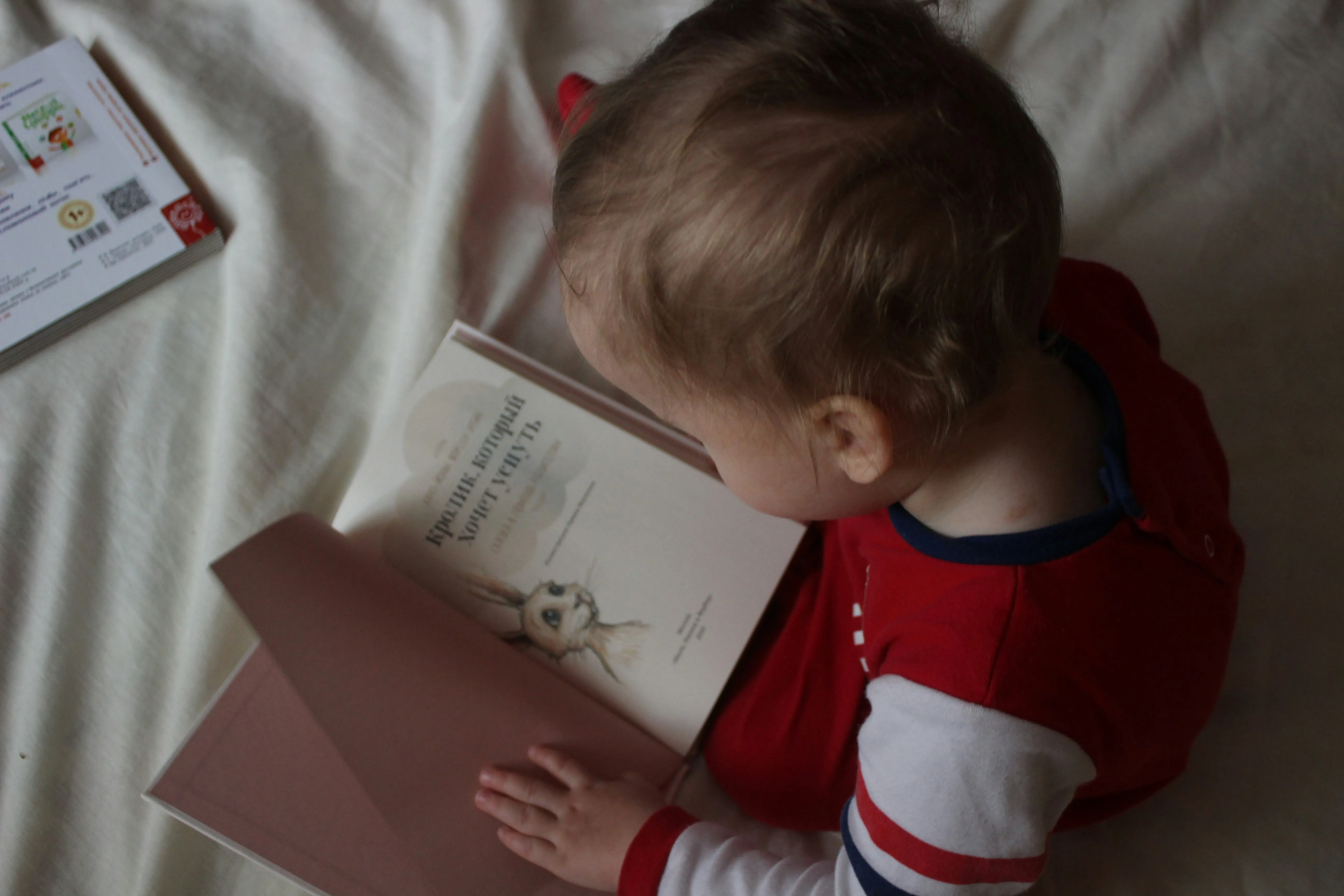Toddlers Who Strive: Unlocking the Secrets of Child Development
Toddle and Strive: Promoting Healthy Growth and Development

How Can Parents Encourage their Toddlers to Become Healthy Strivers
-By SHiNER The Human
"Parents can encourage their toddlers to become healthy strivers by engaging them in activities that promote cognitive development. Cognitive development refers to the growth of abilities like thinking, understanding, communicating, memorizing, imagining, and problem-solving."
-SHiNER
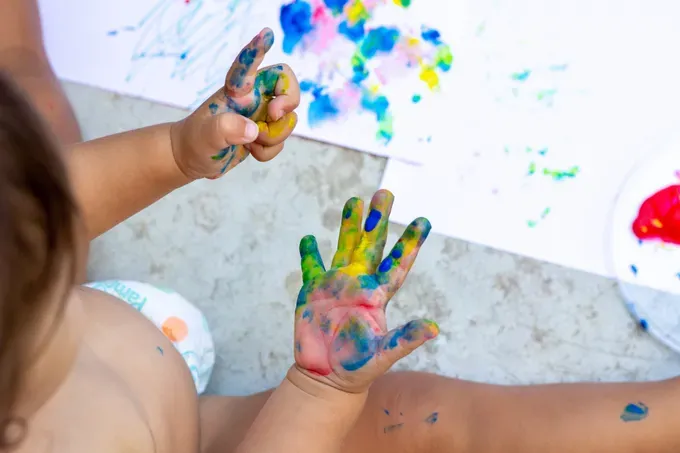
Table of Contents
- Introduction
1.1 Toddle and Strive: Promoting Healthy Growth and Development
1.2 How Can Parents Encourage Their Toddlers to Become Healthy Strivers - Strategies and Activities for Cognitive Development
2.1 Play-Based Learning
2.2 Cognitive Activities
2.3 Interactive Communication
2.4 Naming and Identifying
2.5 Pattern Recognition and Memorization
2.6 Model Thinking Skills
2.7 Hide and Seek Games
2.8 Sing-Along and Animal Sounds Recognition
2.9 Self-Exploration
2.10 Practice the Alphabet and Counting - Conclusion
3.1 Every Child is Unique
3.2 Providing a Safe and Stimulating Environment - Bonus Section: Turning Toddlers into Healthy Strivers
4.1 Introduction
4.2 Strategies and Activities for Cognitive Development
4.3 Conclusion - Frequently Asked Questions Answered
5.1 Is "Striver" A Word?
5.2 What Are The Needs Of A Toddler?
5.3 What Can We Learn From A Toddler?
5.4 How Can Parents Promote A Growth Mindset In Their Toddlers?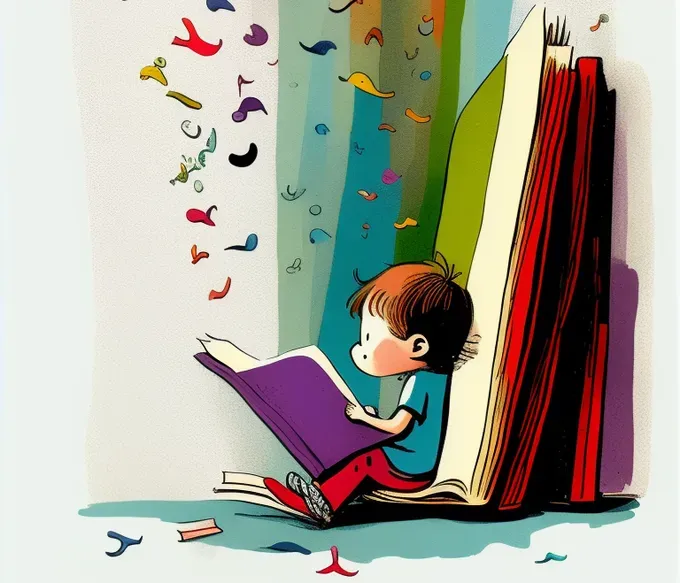
Here are 10 strategies and activities that can help, as researched by SHiNER The Human and his team of AI assistants:
1. Play-Based Learning: Play is a vital way for toddlers to explore the world. It promotes cognitive development by giving toddlers many ways to learn about their surroundings. Activities like putting together basic puzzles, playing with bath toys that involve measuring, scooping, and pouring, and reading books together can be beneficial[1].
2. Cognitive Activities: Activities like colour sorting games, sing-alongs, matching games, and DIY toddler puzzles can help enhance cognitive skills. These activities look a lot like play, which is a natural pathway for learning[2].
3. Interactive Communication: Communicate and ask questions during play, learning, and caregiving routines. This helps toddlers understand the world around them. Pay attention to what you're saying and doing to extend learning and support development[3].
4. Naming and Identifying: Begin naming colours and shapes, and ask your child to point at certain objects. This can help develop their cognitive skills[4].
5. Pattern Recognition and Memorization: Engage toddlers in activities that promote pattern recognition, literacy, and memorization. This could include puzzles, sorting games, matching objects, and simple math exercises[5].
6. Model Thinking Skills: Show interest, ask questions, and make comments about your observations as you play with children. This can help them develop their cognitive competencies[6].
7. Hide and Seek Games: Hide an object under a towel or blanket and ask the toddler to point it out. This helps develop short-term and visual memory[7].
8. Sing-Along and Animal Sounds Recognition: Music helps develop sensorimotor skills and cognition. Teach your toddler to sing after you or with a music player. Practice animal sound recognition as toddlers love animals and are quick to pick up on their sounds[8].
9. Self-Exploration: Let children explore the world on their own. Cognitive skills develop as children learn and discover through self-exploration. You’ll see their skills improve as they absorb new information through touch, smell, taste, sight, and sounds[9].
10. Practice the Alphabet and Counting: Help your child identify letters by singing along to the “Alphabet Song,” and practice counting. These activities promote memory and word identification[10].
Remember, every child is unique and learns at their own pace. The key is to provide a safe, engaging, and stimulating environment that encourages curiosity and exploration.
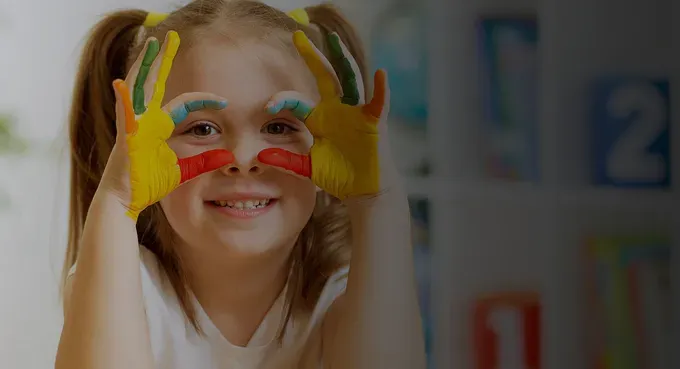
Citations:
[1] https://raisingchildren.net.au/toddlers/play-learning/play-toddler-development/thinking-play-toddlers
[2] https://www.happiestbaby.com/blogs/toddler/cognitive-activities-toddlers
[3] https://www.virtuallabschool.org/fcc/cognitive-development/lesson-3
[4] https://helpmegrowmn.org/HMG/HelpfulRes/Articles/WaysEncourageCognitiveDev/index.html
[5] https://mybrightwheel.com/blog/cognitive-activities-for-toddlers
[6] https://www.virtuallabschool.org/infant-toddler/cognitive-development/lesson-5
[7] https://www.eccm.org/blog/cognitive-development-activities-for-toddlers
[8] https://www.momjunction.com/articles/cognitive-development-activities-for-toddlers_00704930/
[9] https://thepillarsclc.com/how-to-promote-cognitive-development-in-early-childhood/
[10] https://www.friendshipcircle.org/blog/2014/06/09/10-ways-to-promote-your-childs-cognitive-development
[11] https://positivepsychology.com/cognitive-development-activities/
[12] https://raisingchildren.net.au/preschoolers/play-learning/play-preschooler-development/thinking-play-preschoolers
[13] https://www.mffy.com/blog/twelve-fun-ways-to-promote-your-childs-cognitive-development-by-age-group
BONUS!!! Turning Toddlers into Healthy Strivers
-By PERPLEXITY AI (the Answer Engine)
Turning toddlers into healthy strivers involves fostering their cognitive development, which is the process by which children think, explore, and figure things out.
This development of knowledge, skills, and dispositions helps children understand the world around them[1].
Here are 8 strategies and activities that parents can use to encourage cognitive development in toddlers:
1. Naming Colours and Shapes: Begin naming colours and shapes, and ask your child to point at certain objects.
This helps them to recognize and differentiate between various colours and shapes[1].
2. Cognitive Activities: Engage your child in cognitive activities such as colour sorting games, sing-alongs, matching games, reading, and DIY toddler puzzles.
These activities not only stimulate their cognitive abilities but also enhance their language skills, fine motor coordination, and social skills[2][4][8].
3. Hide and Seek Games: Hide toys and encourage your child to find them.
This helps develop short-term and visual memory, the ability to form mental images when an object can't be seen directly[4].
4. Physical Activities: Cardio exercises like running, dancing, skipping, and jumping are ideal for improving brain function and cognitive development in children[5].
5. Pattern Recognition: Developing pattern recognition skills helps preschoolers recognize differences between items and understand how things are organized.
You can help toddlers build pattern recognition skills with blocks, toy towers, and beads[8].
6. Imagination Games and Stories: Encourage your child to engage in imagination games and listen to stories or nursery rhymes.
This can help stimulate their creativity and cognitive development[11].
7. Exploration and Experimentation: Allow your child to explore their environment and experiment with different things.
This can help them understand cause and effect and learn problem-solving skills[5].
8. Social Interaction: Encourage your child to interact with others, especially adults and older children.
They learn by imitating the behaviour of others, which can help them develop social and cognitive skills[3].
Remember, every child is unique and learns at their own pace. The key is to provide a safe, engaging, and stimulating environment that encourages curiosity and exploration. If you have concerns about your child's development, don't hesitate to consult with a professional[1][6].
Citations:
[1] https://helpmegrowmn.org/HMG/HelpfulRes/Articles/WaysEncourageCognitiveDev/index.html
[2] https://www.happiestbaby.com/blogs/toddler/cognitive-activities-toddlers
[3] https://www.michigan.gov/mikidsmatter/parents/toddler/milestones
[4] https://www.eccm.org/blog/cognitive-development-activities-for-toddlers
[5] https://www.momjunction.com/articles/cognitive-development-activities-for-toddlers_00704930/
[6] https://helpmegrowmn.org/HMG/DevelopMilestone/CognitiveMilestones/index.html
[7] https://raisingchildren.net.au/toddlers/play-learning/play-toddler-development/thinking-play-toddlers
[8] https://mybrightwheel.com/blog/cognitive-activities-for-toddlers
[9] https://www.unicef.org/parenting/child-development/your-toddlers-developmental-milestones-2-years
[10] https://www.friendshipcircle.org/blog/2014/06/09/10-ways-to-promote-your-childs-cognitive-development
[11] https://www.rayitoschools.com/blog/fun-activities-for-toddlers-cognitive-development/
[12] https://www.cdc.gov/ncbddd/actearly/milestones/milestones-2yr.html
[13] https://www.parentingexperttomom.com/toddlers-cognitive-development-what-to-expect-and-how-to-encourage-it/
[14] https://www.whattoexpect.com/toddler/play-and-activities/cognitive-activities
[15] https://aboutplaysc.com/cognitive-development-milestones-for-children-0-3-years/
[16] https://raisingchildren.net.au/preschoolers/play-learning/play-preschooler-development/thinking-play-preschoolers
[17] https://helpmegrowmn.org/HMG/DevelopMilestone/2Years/index.html
[18] https://positivepsychology.com/cognitive-development-activities/
[19] https://www.virtuallabschool.org/infant-toddler/cognitive-development/lesson-2
[20] https://thepillarsclc.com/how-to-promote-cognitive-development-in-early-childhood/
[21] https://www.verywellmind.com/cognitive-developmental-milestones-2795109
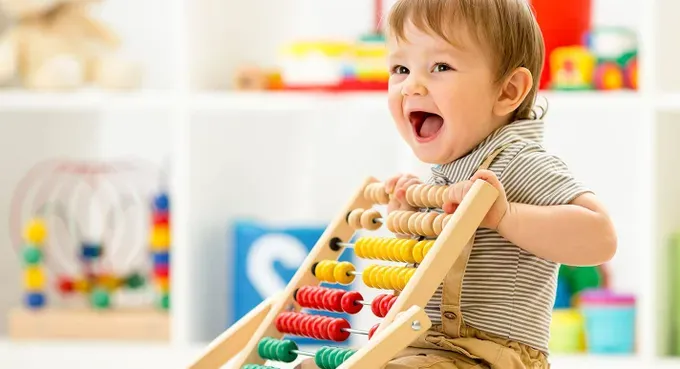
FREQUENTLY ASKED QUESTIONS ANSWERED
Is "Striver" A Word?
Striver is indeed a word in the English language. This term refers to someone ambitious and continually striving for success. At LearningTime Canada, we believe in the importance of promoting healthy growth and development in children, which includes instilling a sense of ambition and drive. We encourage parents to foster a growth mindset in their children, helping them become strivers who will reach their full potential.
What Are The Needs Of A Toddler?
The needs of a toddler include:
- Physical needs: Proper nutrition, sleep, and exercise.
- Emotional needs: Love, attention, and a safe and nurturing environment.
- Cognitive needs: Stimulation through play, exploration, and age-appropriate activities.
- Social needs: Interaction with peers and caregivers to develop social skills.
- Language needs: Opportunities for language development and communication.
- Routine and structure: Consistency and predictability in daily activities.
By meeting these needs, parents can support the overall growth and development of their toddlers.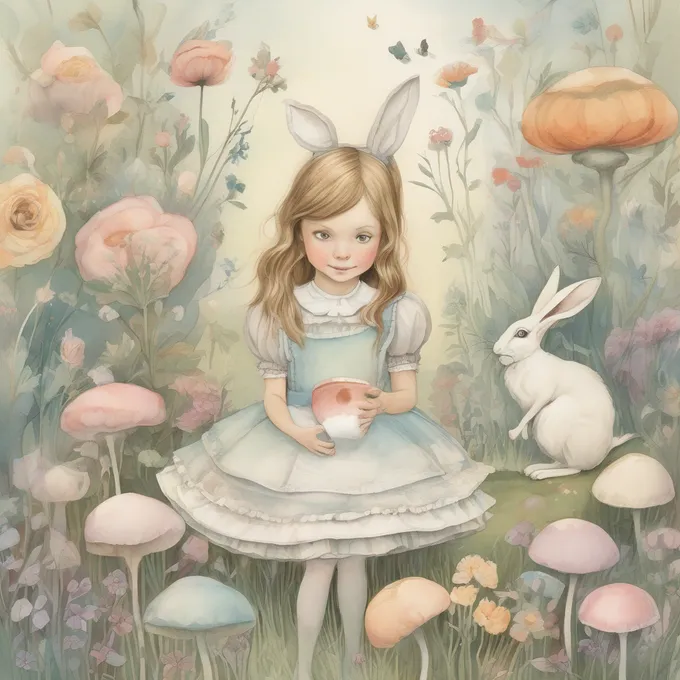 IMAGINATION
IMAGINATIONWhat Can We Learn From A Toddler?
Toddlers have a lot to teach us about life. Despite their small size, they possess qualities that we can all learn from:
- Curiosity: Toddlers have an innate curiosity about the world around them. They constantly explore and ask questions. We can learn to approach life with an open mind and a desire to learn.
- Fearlessness: Toddlers are fearless in their pursuit of new experiences. They are not afraid to take risks and try new things. We can learn to embrace challenges and step outside our comfort zones.
- Resilience: Toddlers are remarkably resilient. They fall down, get back up, and keep going without hesitation. We can learn to bounce back from setbacks and persevere in the face of adversity.
- Authenticity: Toddlers are true to themselves and uninhibited in expressing their emotions. We can learn to be authentic and unapologetically ourselves.
- Joy and wonder: Toddlers find joy in the simplest things and approach life with a sense of wonder. We can learn to appreciate the beauty around us and find happiness in the little moments.

How Can Parents Promote A Growth Mindset In Their Toddlers?
Parents can promote a growth mindset in their toddlers by:
- Encouraging effort and praising progress: Instead of focusing solely on achievements, parents should emphasize the importance of trying and learning from mistakes.
- Providing challenges: Parents can offer activities that are slightly beyond their toddler's current abilities to encourage them to stretch and grow.
- Modeling a growth mindset: Parents should demonstrate a positive attitude towards challenges and setbacks, showing their child that learning is a lifelong process.
- Offering support and guidance: Parents can provide assistance when needed, but also encourage their toddler to problem-solve and find solutions on their own.
- Celebrating resilience: When toddlers face setbacks or obstacles, parents can acknowledge their child's efforts to overcome them and praise their resilience.
- Encouraging curiosity: Parents can foster a sense of curiosity by providing opportunities for exploration and discovery, encouraging questions, and engaging in activities that spark their toddler's interest.
- Avoiding fixed mindset language: Parents should avoid using phrases like "you're so smart" or "you're a natural" as it can promote a fixed mindset. Instead, focus on praising effort, perseverance, and the process of learning.
- Promoting a growth mindset in toddlers can lay the foundation for a lifetime of learning and resilience.
By encouraging effort, providing challenges, modelling a growth mindset, offering support, celebrating resilience, encouraging curiosity, and avoiding fixed mindset language, parents can help their toddlers approach life with a sense of wonder and embrace the beauty around them.

"Approach life with a sense of wonder and embrace the beauty around"






